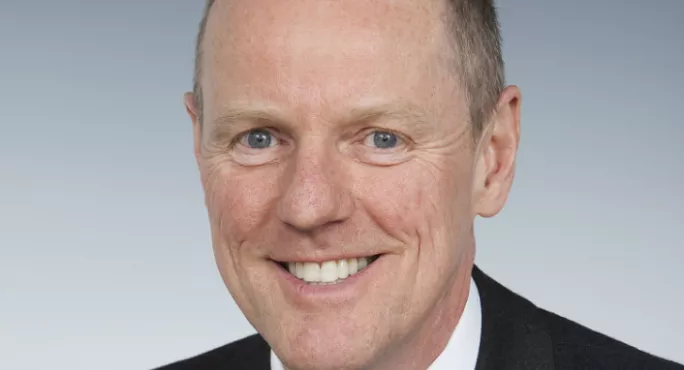It will be up to headteachers to decide whether staff can wear face coverings in schools, Nick Gibb has said.
The schools minister said “there is no need for mask-wearing within the school”, provided a “hierarchy of controls” are in place.
But the decision as to whether school staff are permitted to wear face coverings will lie with headteachers, he said.
Related: ‘Let all school staff wear face masks’, Williamson told
Coronavirus: DfE ‘passing buck’ to schools over face covering rules
Analysis: Do teachers and pupils need masks?
The news comes after the Unison school support staff union urged education secretary Gavin Williamson to allow teachers to wear face masks if they choose.
The DfE guidance for schools returning in September says face coverings are not needed where pupils and staff are mixing in consistent groups.
Appearing on Times Radio this morning, Mr Gibb was asked: “If teachers want to wear masks, or cleaners in schools want to wear masks, or dinner ladies want to wear masks, receptionists and caretakers etc., can they wear masks?”
He replied: “Well you know, these kinds of issues will be up to the headteachers.
“But there is no need for mask-wearing within the school, provided that the hierarchy of controls...are in place in schools.
“And the schools I’ve visited in my constituency, they have very...they’re engaged with very careful planning: one-way systems, and so on.
“When pupils start arriving back in September they’ll have lessons about how to maintain safety, you know, within the school, so that schools will be a safe place for children and for adults within that environment.
“We do want adults, of course, to maintain social distancing as well, whether they are support staff or whether they are teachers - distancing from one another and distancing, if possible, from the pupils. That’s more difficult, of course, with younger children.”
Mr Gibb also said there will be no routine testing of teachers when schools return.
He was responding to calls from the children’s commissioner for England, Anne Longfield, to introduce “regular” - possibly “weekly” - testing of teachers.
Asked how often teachers will be tested, Mr Gibb said: “Anybody that shows symptoms in schools - teachers and pupils - will be prioritised.
“Not routine testing. The advice we have is that it’s better to test when people actually show symptoms. Anybody that shows symptoms, of course, at schools will be sent home to self-isolate, and then they’ll be tested.”
Asked if it would be safer to do routine testing, Mr Gibb said: “Everything we do is led by the science - it’s led by advice from Public Health England, by the chief medical officer. The priority for the new 90-minute tests, of course, has to be the hospitals, the care homes, the laboratories.
“But all the advice we’ve had is the measures we are putting in place - the sort of hierarchy of controls about hygiene and so on, and bubbles within schools - is the most effective method of reducing the risk of the transmission of the virus.”




